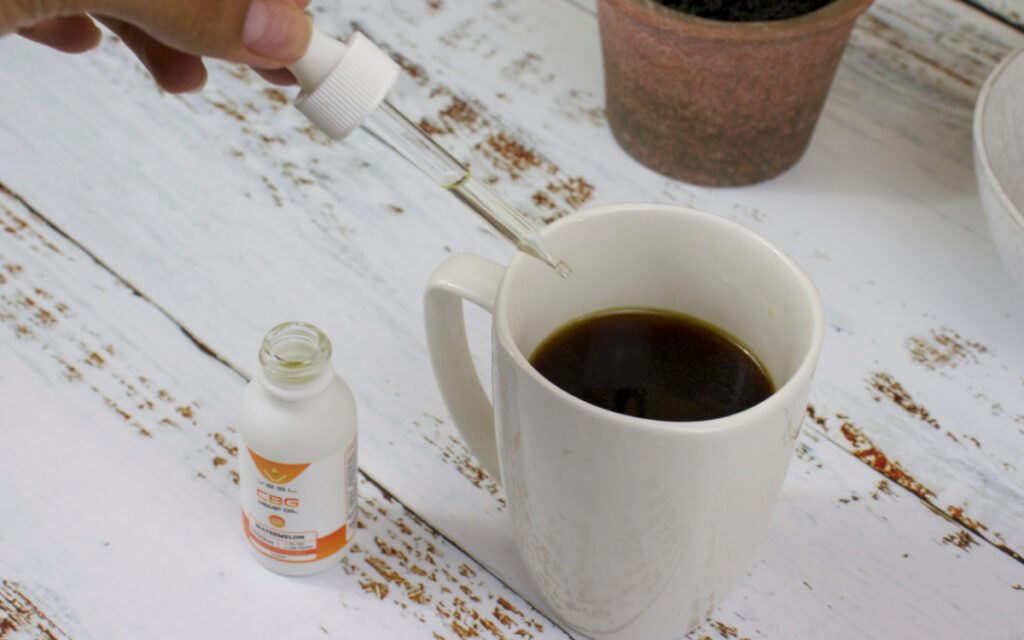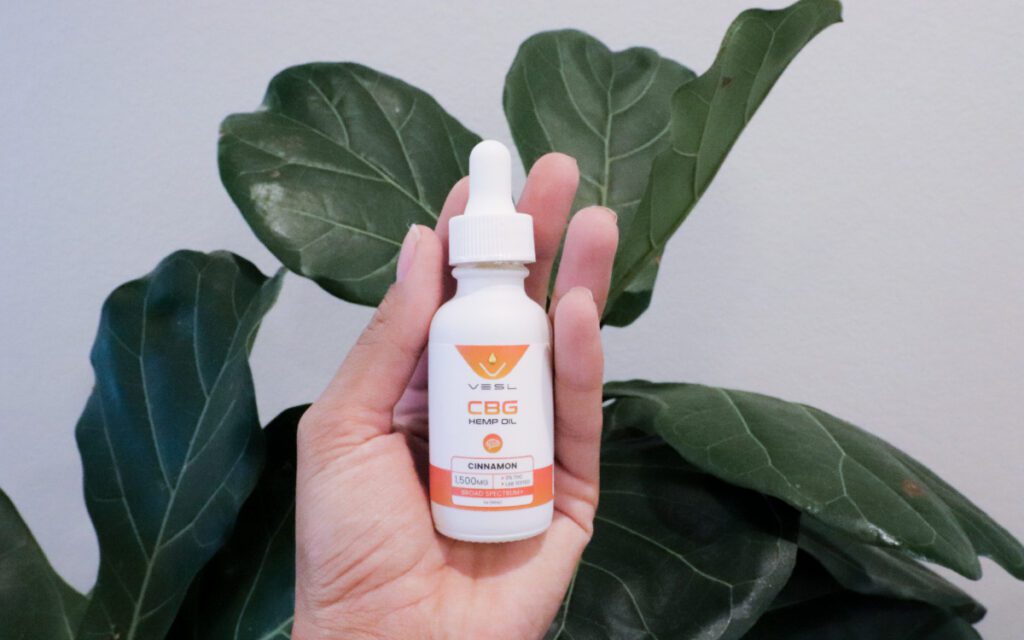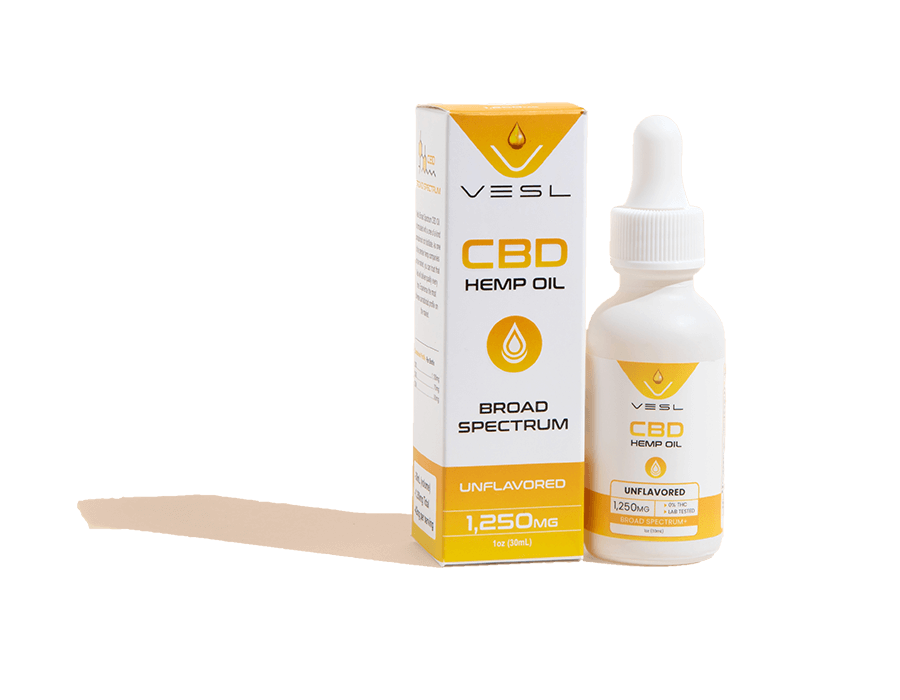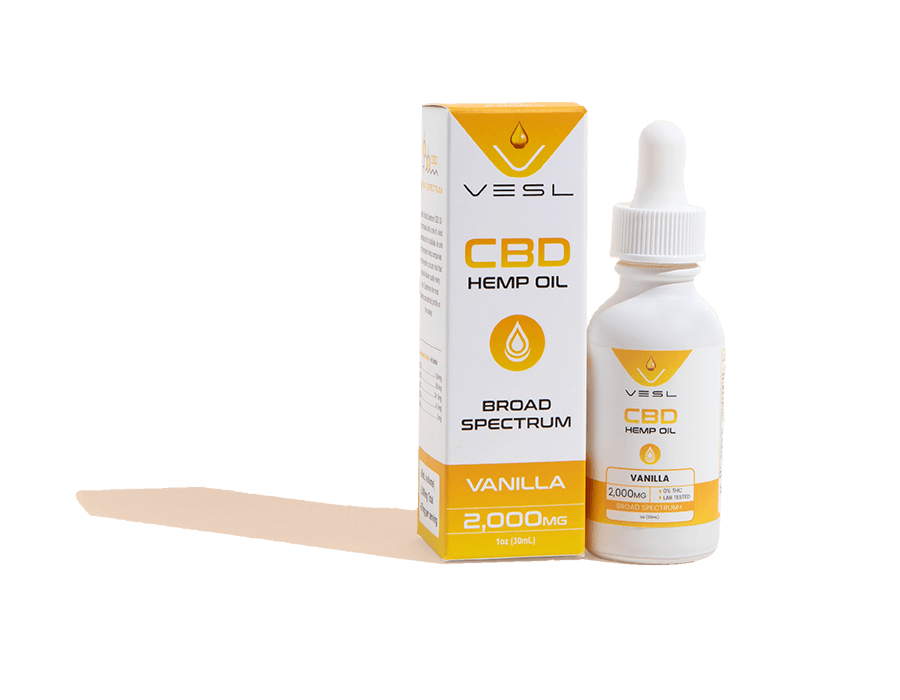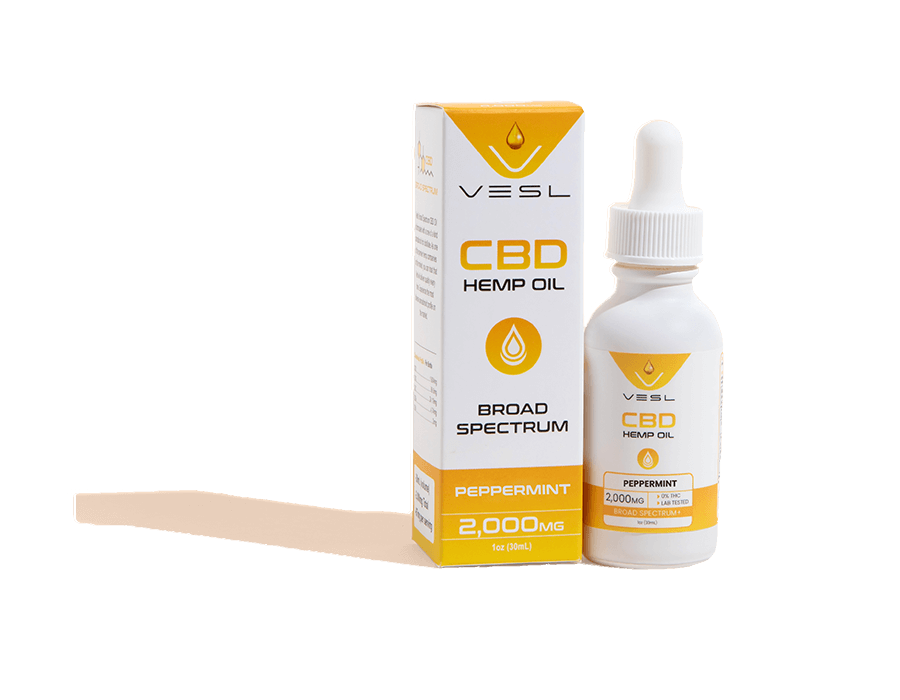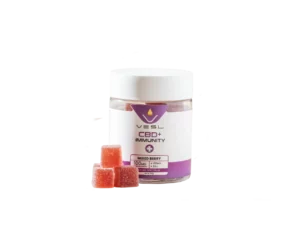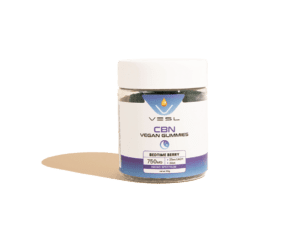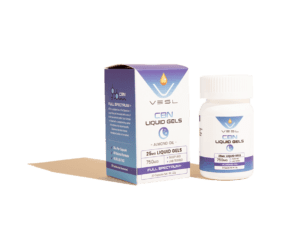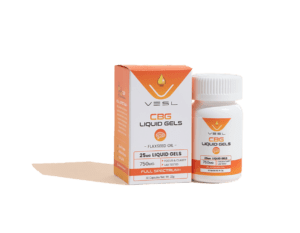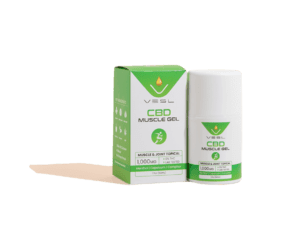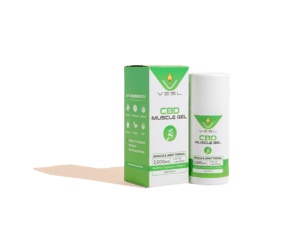Most of us have experienced some feelings of stress or anxiety at some point in our life. They are a natural part of our “fight or flight response” against any danger. Because of them, we become alert and ready when faced with a threat. But these emotional responses can sometimes be confused with one another.
Anxiety and stress may have similar emotional and physical symptoms. In both cases, your body releases hormones that trigger these symptoms.
- anger or irritability
- problems with concentration
- feelings of overwhelm
- restlessness
- fatigue
- dizziness
- muscle tension
- digestive issues
- increased heart rate
- trouble sleeping
- headaches
- increased sweating
- changes in appetite
However, for anxiety, in addition to these symptoms, you can also experience persistent and excessive worries that won’t go away and even brain fog.
If their signs are almost the same, how do we properly distinguish one from the other? We know that to find relief and get the proper help, knowing what exactly you are experiencing is important. This article will help us know the difference between stress and anxiety.
Am I just stressed?
Stress usually comes from external factors that we are finding hard to cope with. Deadlines at work, upcoming exams, and illness in the family are just some of the things that might cause us to feel stressed. But once that stressful situation is over, the symptoms of stress also disappear.
Stress can either be positive or negative. Because of the fight or flight response that stress does to the body, it helps you avoid a dangerous situation or overcome a challenge. However, if you’ve been stressed for a long time, it can become chronic and negatively impact your life.
Anxiety, the peace buster
Anxiety disrupts our inner peace. It is characterized by apprehension and excessive thinking even without any external stressors. Unlike stress, anxiety persists even after the stressful or dreadful situation has passed. Sometimes, you might even feel anxious about something that will not happen.
In more severe cases, anxiety can escalate into an anxiety disorder, the most common mental health issue in the U.S. Anxiety disorders are classified in a variety of ways:
- generalized anxiety
- panic disorder
- phobias
- social anxiety
- obsessive-compulsive disorder
- post-traumatic stress disorder (PTSD)
The difference between stress and anxiety
| Stress | Anxiety |
| Stress is triggered by external factors. | Anxiety is an internal battle within yourself. |
| A normal reaction to a stressful situation. | An excessive, outsized reaction to a stressful situation. |
| You can still function and perform a task even if you’re stressed out. | Anxiety can make you unable to function or perform a task. |
| It is a response to something happening or pressure you feel. | You feel the dread and fear of things that haven’t happened or don’t exist. |
| Adapting a healthier mindset and lifestyle can help manage stress. | You may need intervention from a health professional to treat its symptoms. Depending on the severity of your symptoms, they may recommend medication or therapies. |
Ways to overcome stress and anxiety
Just like other mental health issues, seeking a mental health expert is still the best way to treat your symptoms especially if you have chronic stress or anxiety disorders. Your doctor may recommend either medication or different types of therapies. Additionally, for your healing journey to be more effective, lifestyle changes should also be considered.
If you are stressed out or experience anxiety, the following self-care strategies may help:
Eat a well-balanced diet
Good nutrition helps the body get the energy it needs during stressful events. It also supports a healthy immune system and the repair of damaged cells. Certain foods like polyunsaturated fats including omega-3 fats and vegetables may also help regulate cortisol levels.
Meditate
Mindful meditation can reduce psychological stress and anxiety.
Utilize self-care
Self-care can help you manage stress, lower your risk of illness, and increase your energy.
Exercise
When you are active, your body releases endorphins and distracts you from daily worries.
Avoid tobacco and too much alcohol
These do not solve the root cause of the problems and can have a serious effect on your health.
Try different types of cannabinoids
Different cannabinoids such as CBD, CBG, and CBN have the potential to offer relief.
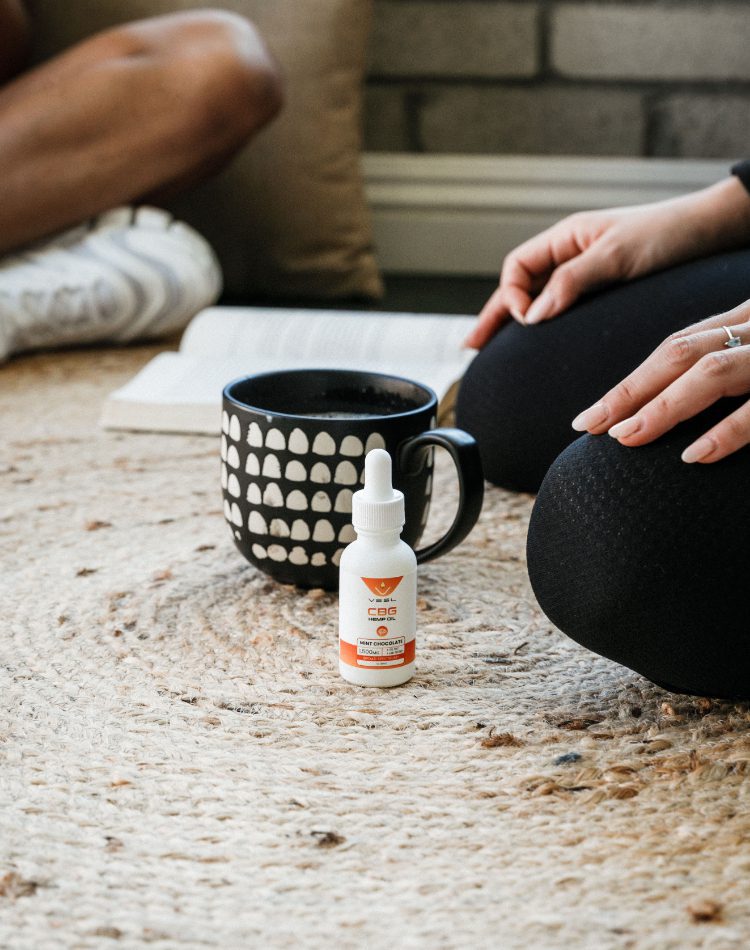
Supplements
Supplements such as Omega 3, Rhodiola Rosea, melatonin, vitamin D, and ashwagandha, have been linked to reduced stress and anxiety symptoms.
Limit your caffeine intake
Too much caffeine can make anxiety symptoms worse.
Final note
Both stress and anxiety, if not managed properly, can lead to more serious concerns. They may impact the quality of your life and your relationships with those around you. Understanding the difference between stress and anxiety helps you know what you can do to find relief.
Shop our CBD Hemp Products
CBD Oil – Unflavored
$10.00 – $20.00


